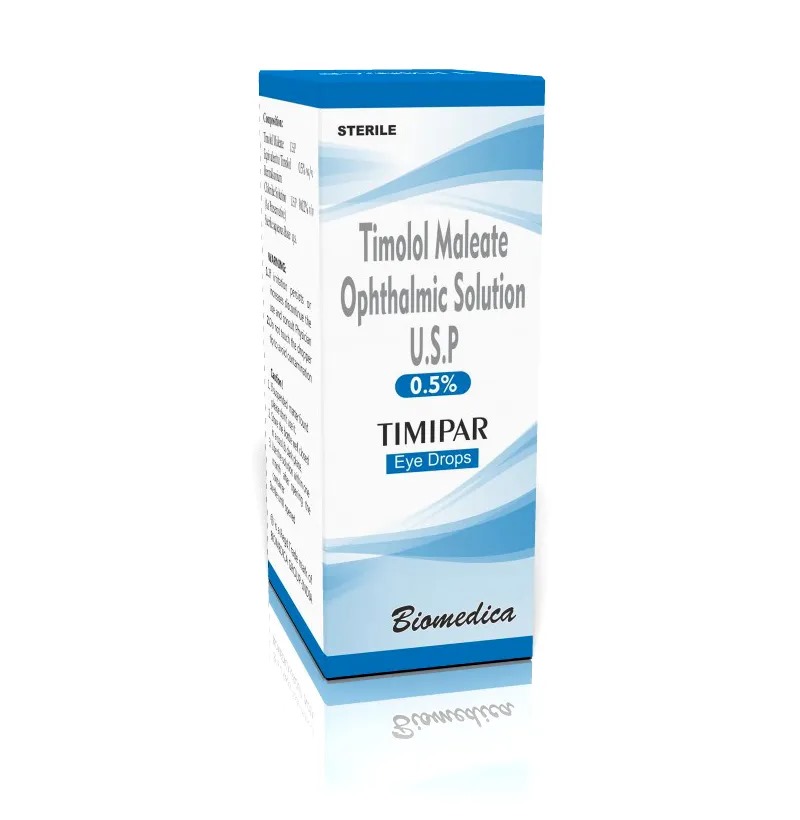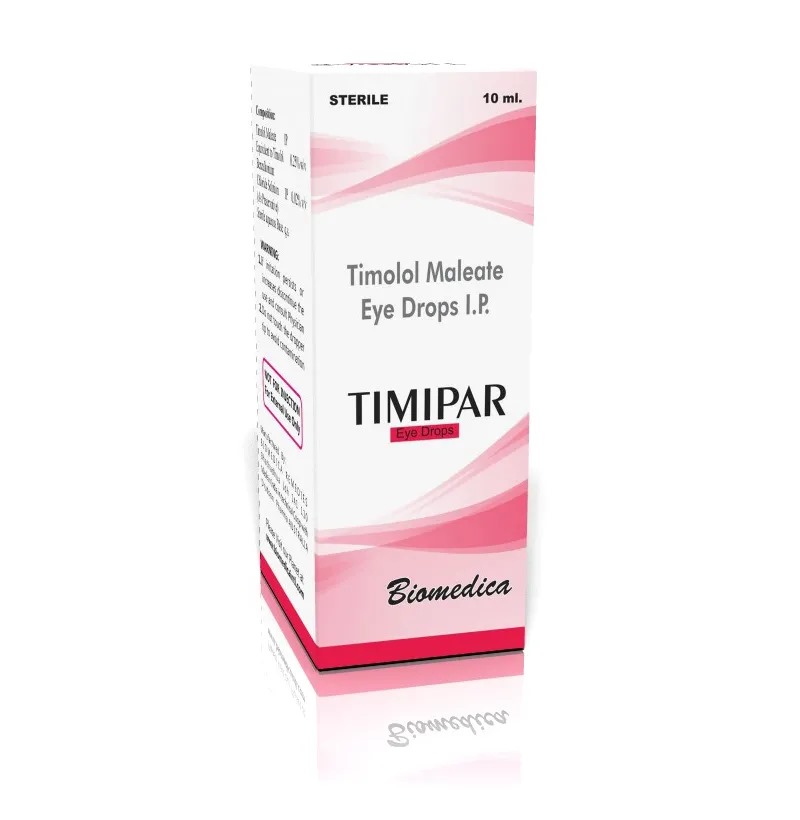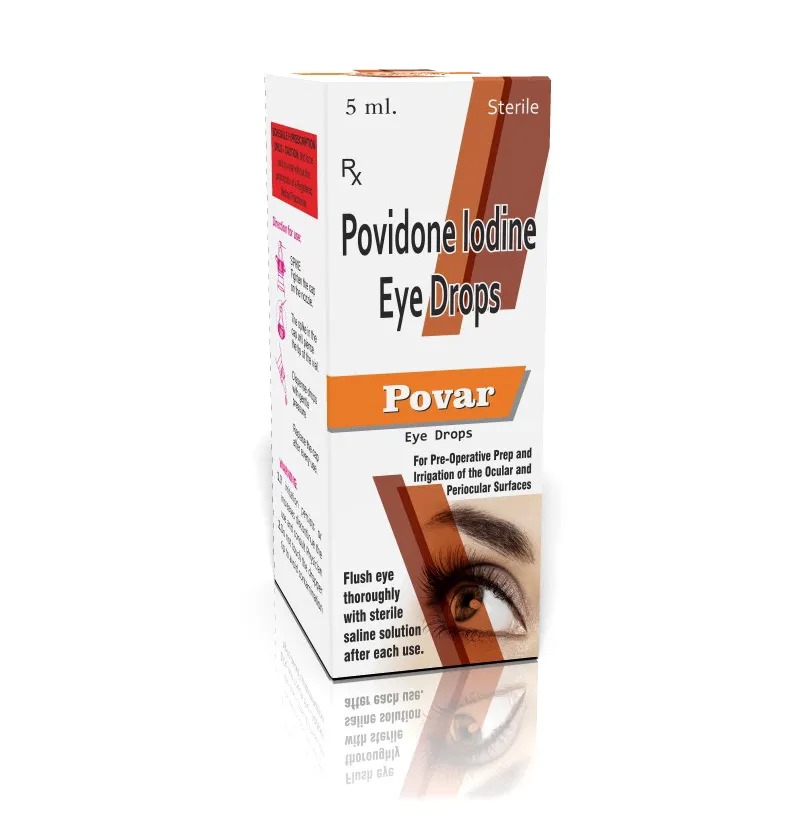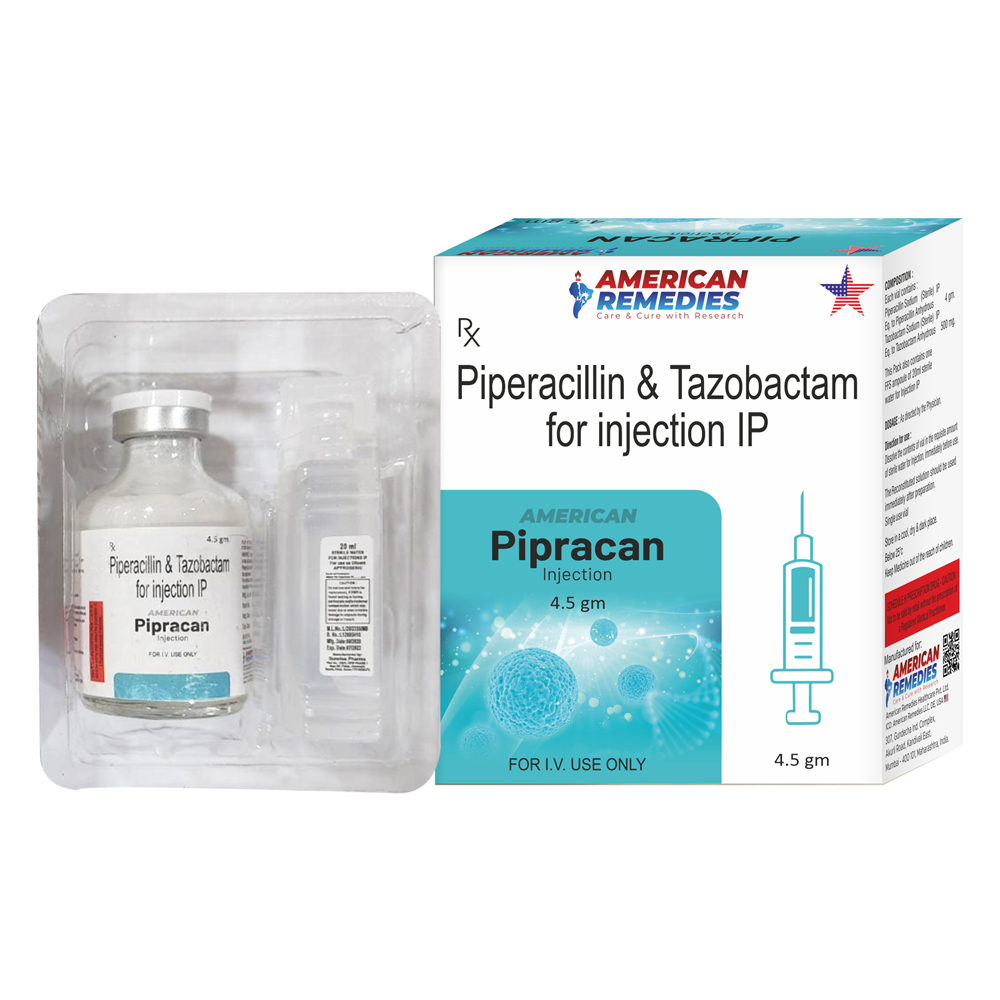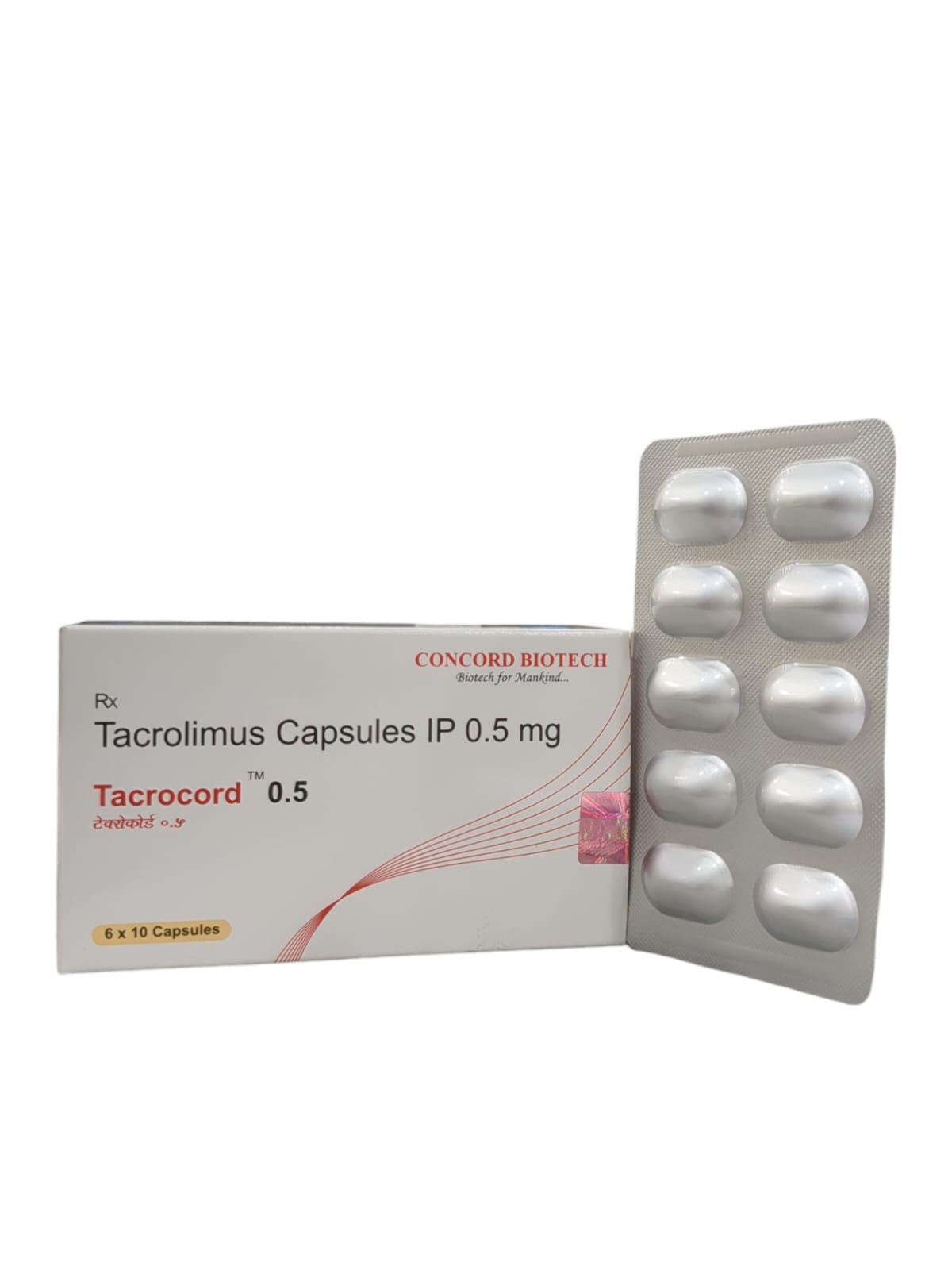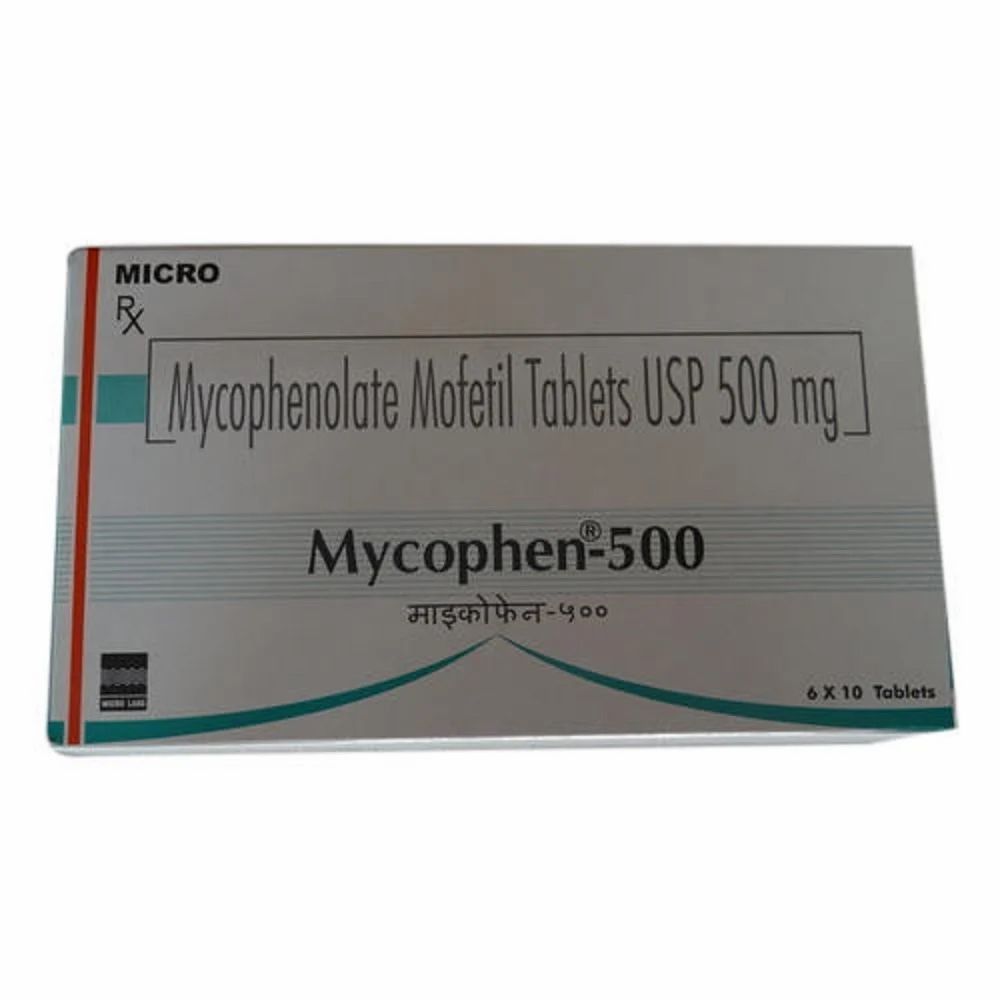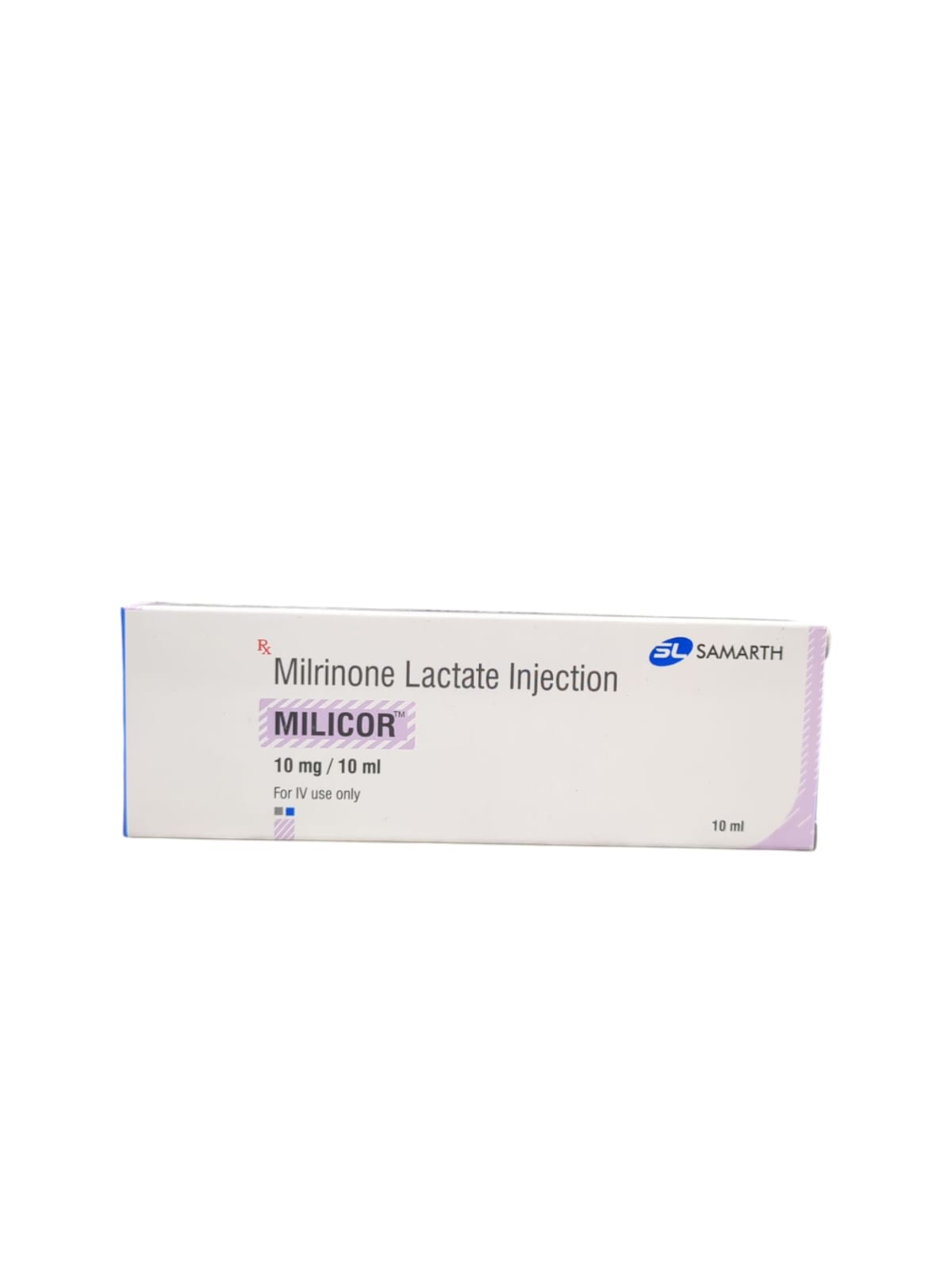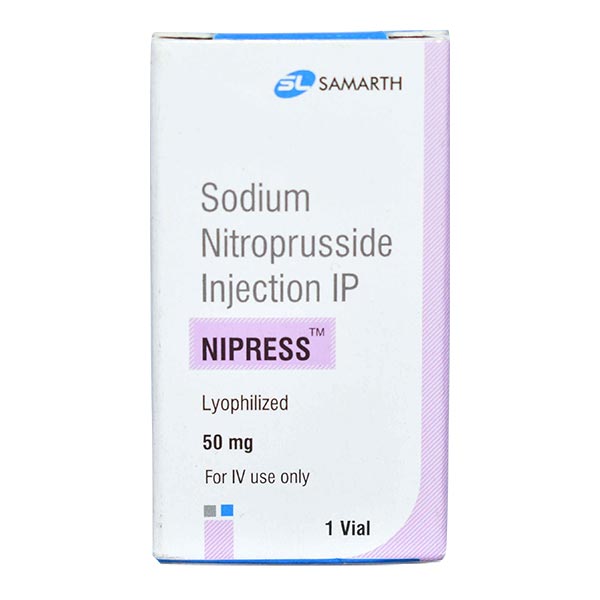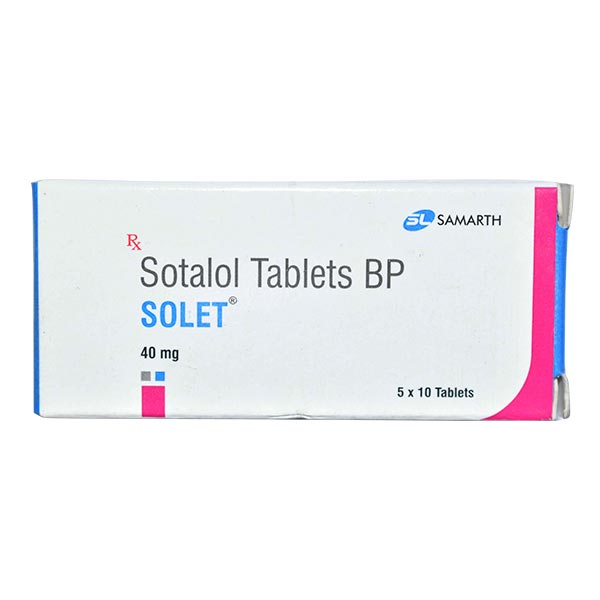Timipar (Timolol Maleate 0.5%) Ophthalmic Solution is a prescription eye drop used to manage elevated intraocular pressure (IOP) in conditions such as open-angle glaucoma and ocular hypertension. By reducing the production of fluid within the eye, it helps lower IOP, thereby reducing the risk of optic nerve damage and potential vision loss. ________________________________________ ✅ Primary Uses • Open-Angle Glaucoma: A common form of glaucoma where the drainage angle in the eye remains open, but the trabecular meshwork is partially blocked, leading to increased IOP. • Ocular Hypertension: A condition characterized by higher-than-normal IOP without any signs of glaucoma damage. ________________________________________ 💊 Dosage and Administration • Typical Dosage: Instill one drop of the 0.5% solution into the affected eye(s) twice daily. • Application Tips: o Wash your hands before use. o Avoid touching the dropper tip to any surface, including the eye, to prevent contamination. o If you wear contact lenses, remove them before applying the drops and wait at least 15 minutes before reinserting them. o After instilling the drop, gently press the corner of your eye (near the nose) for 1–2 minutes to prevent the medication from draining out. ________________________________________ ⚠️ Precautions and Contraindications • Contraindications: o Hypersensitivity to any component of the formulation. o Bronchial asthma or a history of bronchial asthma. o Severe chronic obstructive pulmonary disease (COPD). o Sinus bradycardia, second- or third-degree atrioventricular block, overt cardiac failure, or cardiogenic shock. • Cautions: o Use with caution in patients with a history of heart disease, diabetes, or thyroid disorders, as beta-blockers can mask symptoms of hypoglycemia and hyperthyroidism. o Monitor for potential additive effects when used with other systemic beta-blockers. ________________________________________ 🧪 Mechanism of Action Timolol is a non-selective beta-adrenergic antagonist (beta-blocker) that reduces aqueous humor production in the eye, leading to a decrease in IOP. Its onset of action is typically within 20 minutes, with effects lasting up to 24 hours.
Send Message